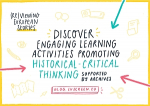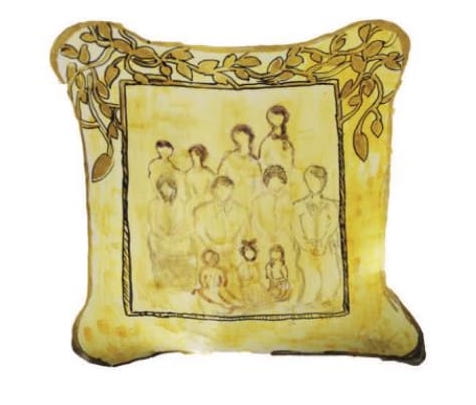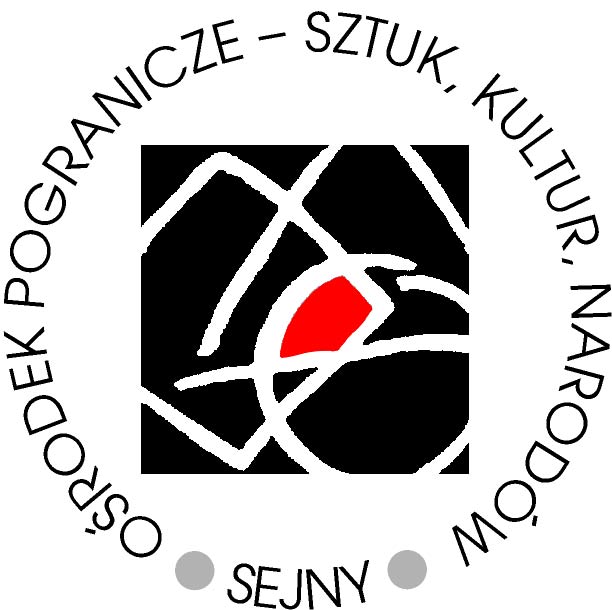(Re)Viewing European Stories
 (Re)Viewing European Stories is an educational pilot project that ran between October 2019 and September 2020.
(Re)Viewing European Stories is an educational pilot project that ran between October 2019 and September 2020.
Co-ordinated by the EUscreen Foundation, funded by the Evens Foundation, and supported by EuroClio, the project brought together archival practitioners, historians and educators, as well as external experts from a number of European countries: Documenta – center for dealing with the past (Croatia), Borderland Foundation (Poland), European Observatory on Memories (Spain), European Network Remembrance and Solidarity (Poland and others), National Film Archive – Audiovisual Institute (Poland), Netherlands Institute for Sound and Vision (Netherlands), with Jacek Staniszewski (Poland), a history teacher and EuroClio ambassador, serving as an independent education lead.
The main aim of the project was to promote historical critical thinking among high school students and teachers by developing new interactive learning activities based largely on audiovisual archival content from the EUscreen and Europeana collections.
As a result of this pilot project three learning activities were created, which are intended to widen students’ perspectives on European history and provide better context and explanations of the events covered in many curricula. The learning activities are about borders, their significance, and their role in European history. Activities are build around three study cases: the Bosnian town of Mostar with the difficult and still fresh memories of the Yugoslav Wars of the 90s; the dramatic events of the Spanish Civil War, which concluded with civilians and soldiers fleeing their land to France to escape General Franco’s dictatorship; the complex situation at the Polish-Lithuanian borderland, where not two, but many nations and ethnic groups found a home and lived together, despite the tragic events and conflicts that took place throughout much of the 20th century.
This three learning activities are designed to develop media literacy, especially by encouraging students to make their own multimedia materials such as animated movies, voice recordings, time-lapse photography, short films, etc. In each activity students are asked to “produce” something and present it at the end of the exercise. To make this task easier, a wide range of maps and other visual materials have been made available. There are also short narratives written in simple English (Information Packages) that provide the necessary contextual knowledge for each of the films and their stories. To make the context even clearer, a short glossary of selected terms has been included.
We would like to encourage teachers and students to have a look and to test them: blog.euscreen.eu/reviewing-european-stories/
(Re)Viewing European Stories













